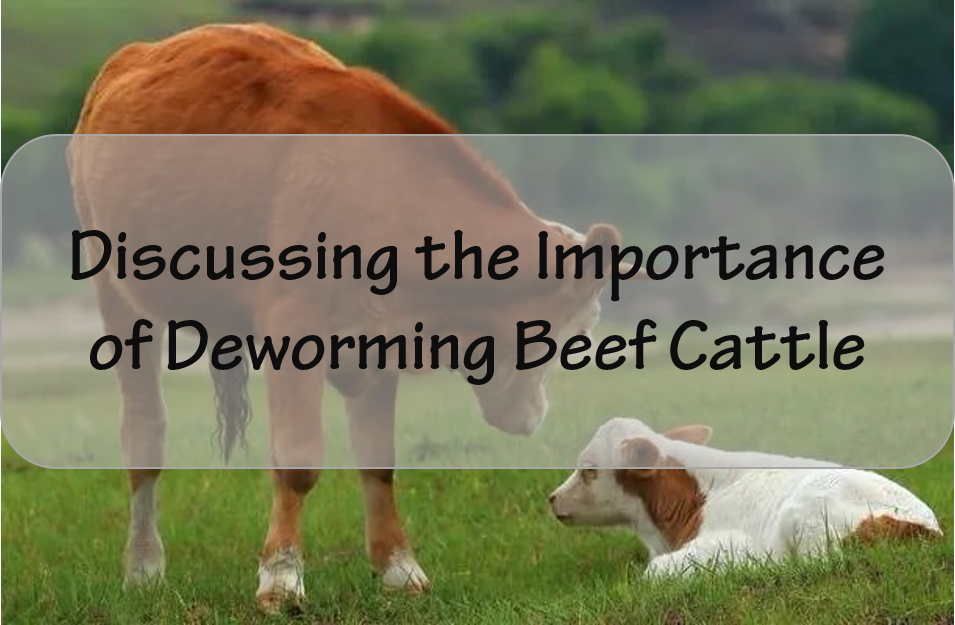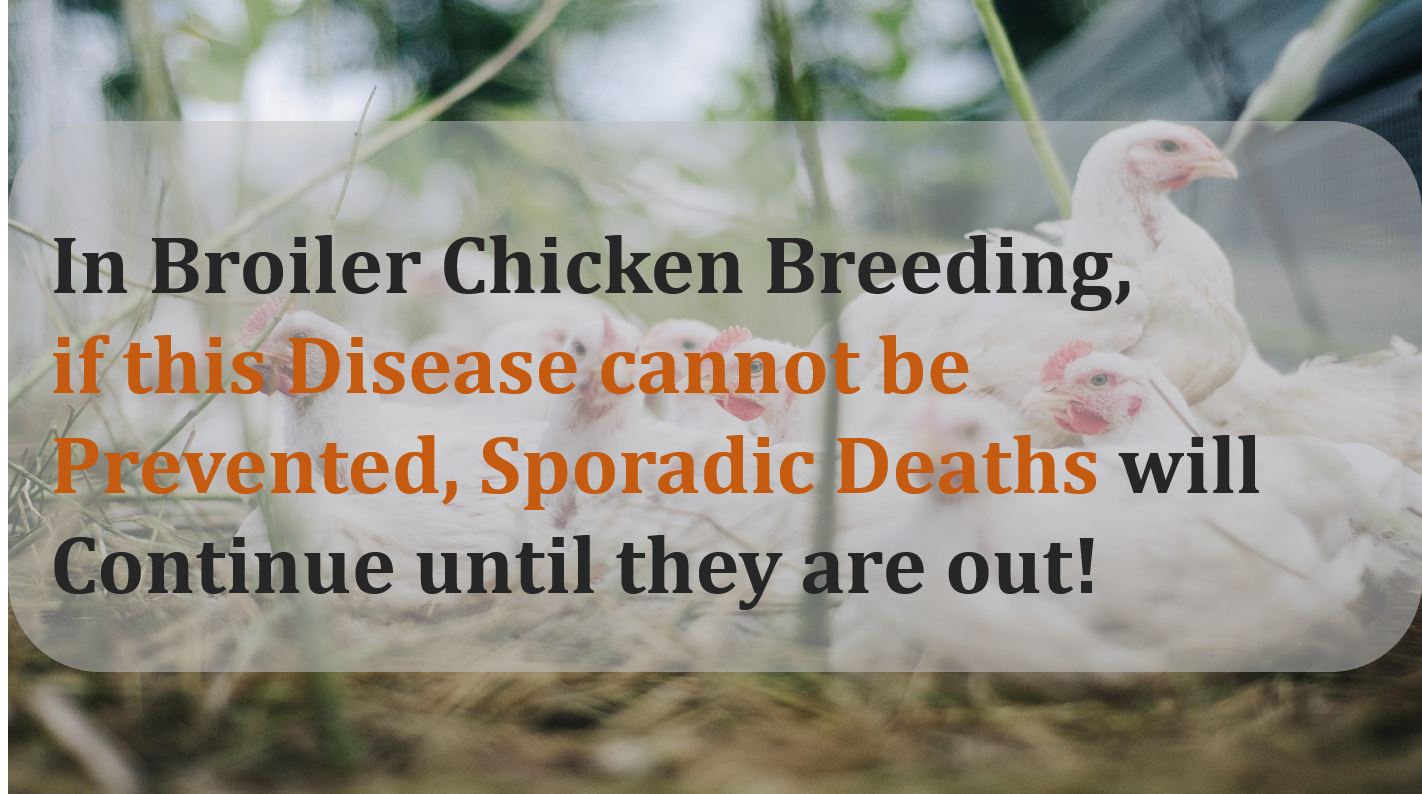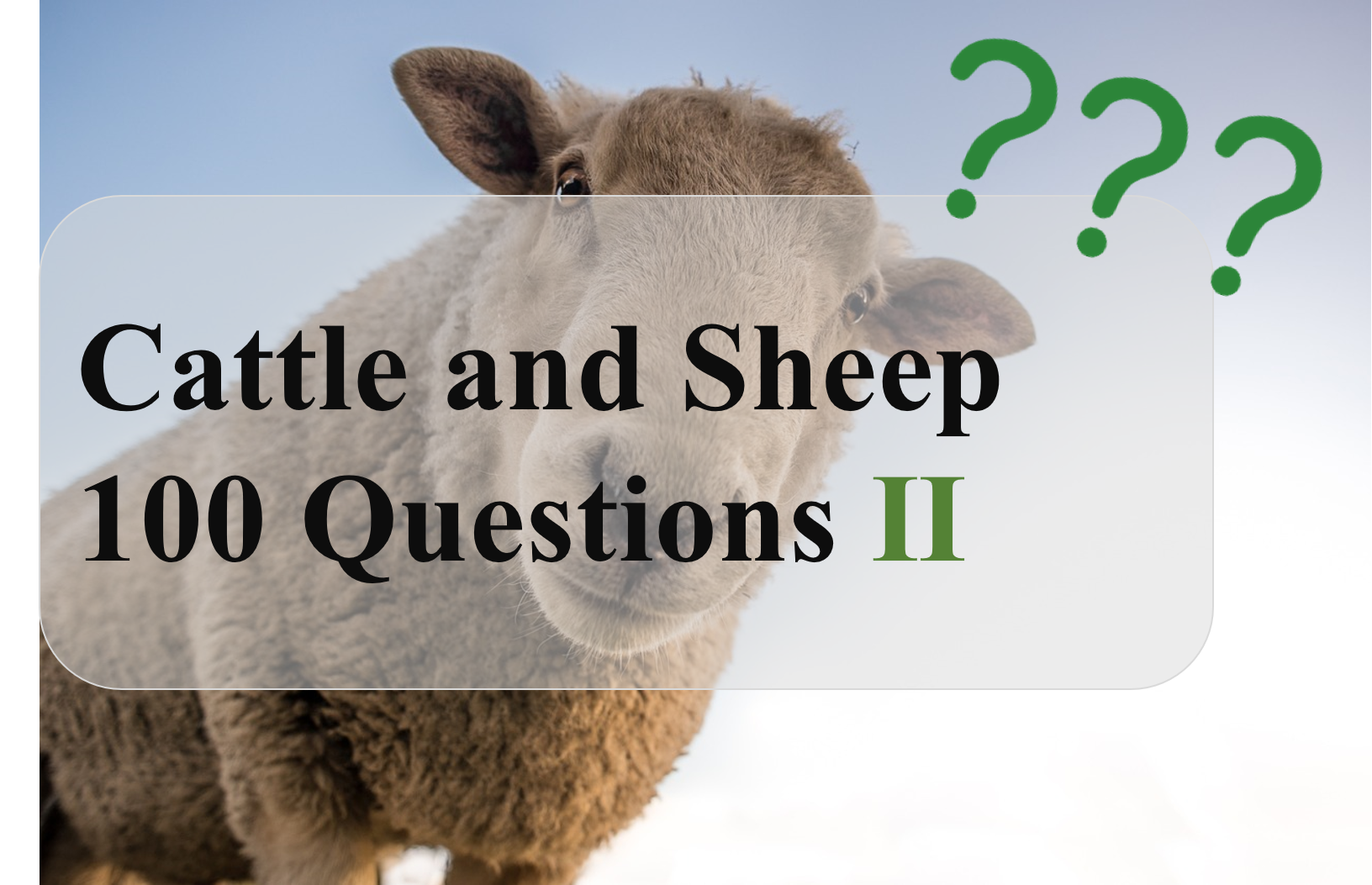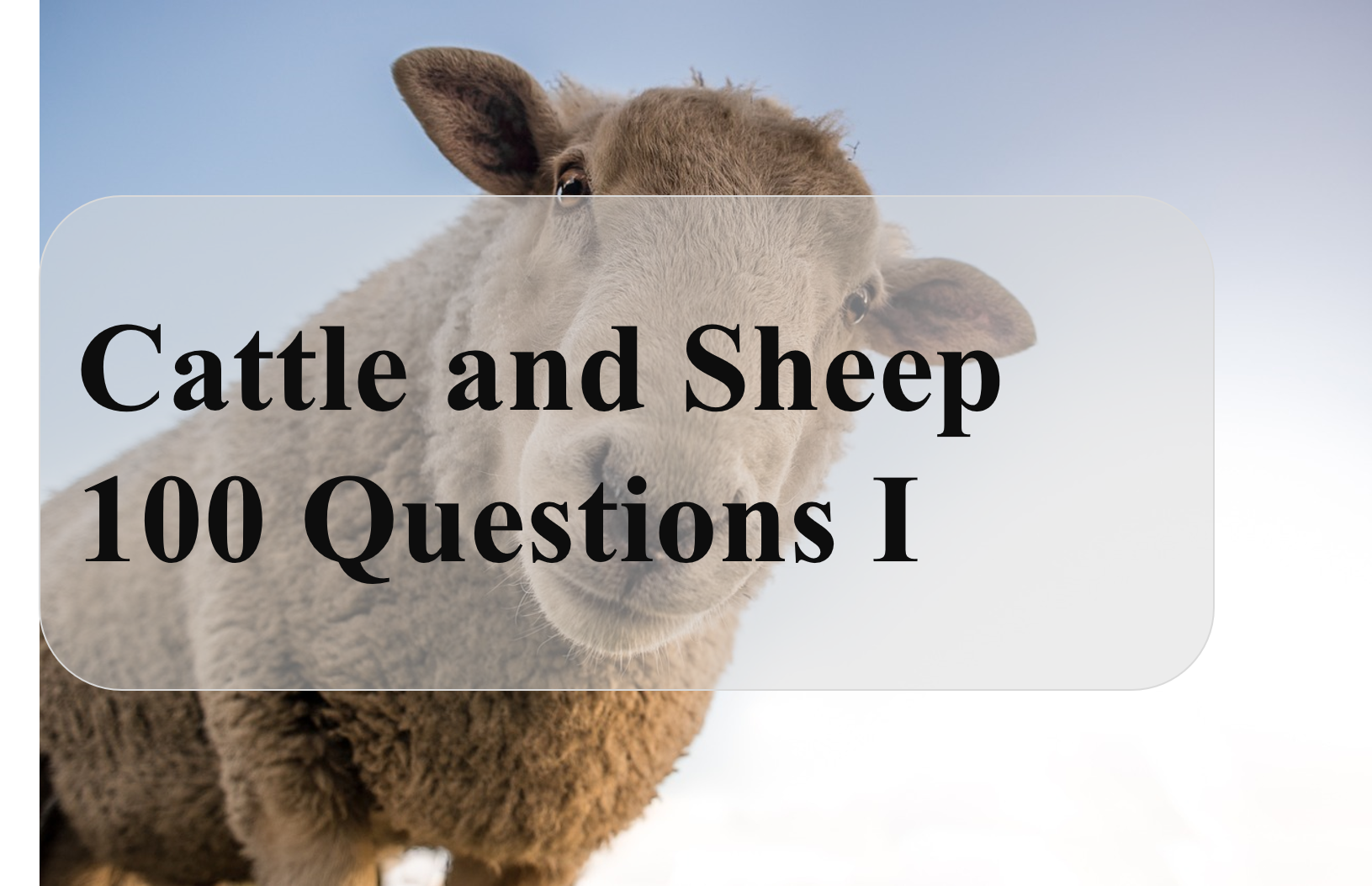| Intestine Microbiome, Metabolism and Host Immunity Chapter Ⅰ The microbiome is the collection of microorganisms that live in and on all mammals that provide important signals for the development and function of the immune system. The growing popularity of microbial community analysis techniques is prompting many immunologists to focus on the growing field of host-microecology. The microbial community, microbial components, and their metabolites are not only essential for immune homeostasis, but also influence host susceptibility to a variety of immune-mediated diseases and disorders. This article reviews technical and computational approaches to studying microbial communities and our latest understanding of host immunity and microbial symbiosis, focusing on specific microbial metabolites, bacterial components, and the immune system Mammals have widely diverse and extremely active microbial communities, and through long-term reciprocal partnerships, hosts have evolved to coordinate and integrate conserved signaling pathways such as metabolic signaling, microbial sensing, and immune responses to ensure their survival in a microbial-dominated world. This dynamic communication between the host and its microbiota is important for achieving and maintaining homeostasis. Dysregulation occurs when this dialogue goes awry, such as perturbations to the microbiome or host. Current research has focused on determining the role of altered microbiota in and out of the gastrointestinal tract in human dysfunction and disease and in preclinical models (Table 1)  Table 1:Microbial metabolites or components associated with disease Recent advances in characterizing the composition and function of single species of microorganisms and complex microbial communities have revealed the importance of microbial metabolism to the host immune system. A "healthy" microbial community provides key molecular cues through microbial surface antigens and metabolites that are critical for the maturation of immune tissue and fine-tuning of immune responses. Here, we review current techniques for the identification of commensal microbial strains, microbially derived components and metabolites and discuss their role in shaping the host immune system.  |
 Discussing the Importance of Deworming Beef Cattle
Discussing the Importance of Deworming Beef Cattle
 In broiler chicken breeding, if this disease cannot be prevented, sporadic deaths will continue until they are out!
In broiler chicken breeding, if this disease cannot be prevented, sporadic deaths will continue until they are out!
 Cattle and Sheep 100 Questions Ⅱ
Cattle and Sheep 100 Questions Ⅱ
 Cattle and Sheep 100 Questions Ⅰ
Cattle and Sheep 100 Questions Ⅰ